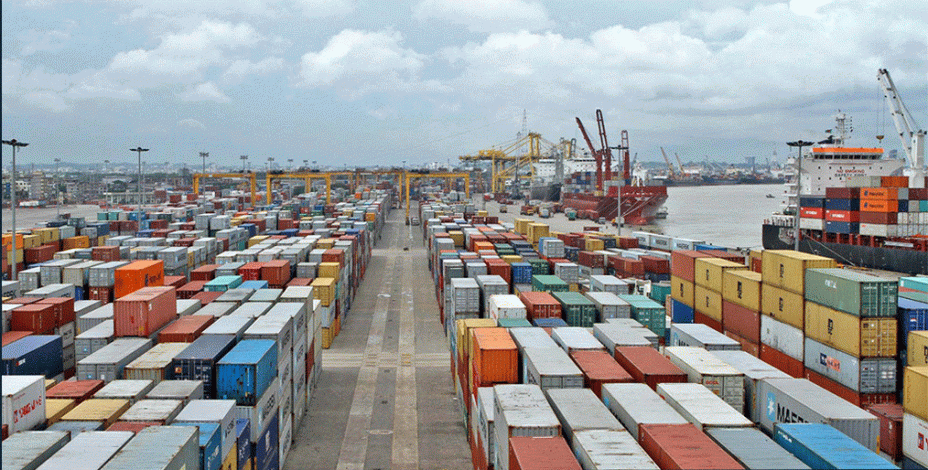
Chittagong Port, File Photo[/caption] Recently, an Indian cargo ship reached Agartala and Karimganj from Kolkata via Chittagong port. And through this transit, not only India-Bangladesh trade relations, but also the opportunity to open a new door of mutual relations in the region, namely India, Bangladesh, Nepal and Bhutan. This is the first time that Bangladesh has allowed the use of ports to deliver goods to the northeastern states of India. Due to the transit of Mongla and Chittagong seaports, the distance from Kolkata to Assam via Agartala was 1,600 km. It now stands at only 450 kilometers. In October 2019, Bangladesh Prime Minister Sheikh Hasina allowed the use of Chittagong and Mongla seaports for easy transportation of goods from one state of India to another. In this way, it has been possible to establish mutual relations between BBIN or Bangladesh-Bhutan-India-Nepal in the Indo-Pacific region. The second addendum to the existing naval protocol agreement between Bangladesh and India, the Protocol on Inland Water Transit and Trade (PIWT&T) was signed in Dhaka on May 20. There is talk of ‘ports of call’ and expansion of two ports. Both countries now have 11 ports of call. Among these, Jagighopar's new ports of call in Assam could help increase connectivity with Meghalaya and Bhutan. The seaport connectivity of Bangladesh with the northeast of India has created a great opportunity for the formation of BBIN. This transit opportunity will also inspire Bhutan to support the BBIN Motor Vehicle Agreement, which was intended to enhance regional connectivity. India's CUTS International, Bangladesh Development Coordination, Bhutan's Media and Communication Institute and Nepal's Economic Forum are working to implement a number of models in a joint project to connect the BBIN region. After transporting goods from Kolkata to Agartala and Karimganj through the port of Chittagong, the four companies have already met on several models to establish communication between the BBIN. Bipul Chatterjee, Executive Director of CUTS, India, said that Bangladesh has recently. Bhutan, India, Nepal have realized that the precondition for trade is the establishment of communication. In order to maintain an effective balance of socio-economic and environmental costs and benefits, it is necessary to ensure that the grassroots level is reached for political momentum. The people need to understand the value of this cooperation between the private sector and local governments. At the meeting, Swarnim Wagle, head of Integrated Development Studies, said the focus should be on normalizing trade and investment in the Corona epidemic situation. As well as connecting the people in a sustainable way. During the meeting, Selima Ahmad, Member of Parliament for Bangladesh and President of Bangladesh Women's Chambers of Commerce and Industries, said connectivity was one of the most important ways to sustain poverty and stability in the sub-region. Shakti Sinha, director of the Atul Bihari Vajpayee Institute of Policy Research and International Studies in India, said an enhanced approach is essential to identify and address the challenges in the sub-region. During the meeting, Rajiv Singh, Director General, Indian Chamber of Commerce, said that the success stories of the BBIN Group countries must be highlighted. Although the government wants to establish this interconnection, it is challenging to implement it due to local businessmen. Source: Online/SZK
Comment Now